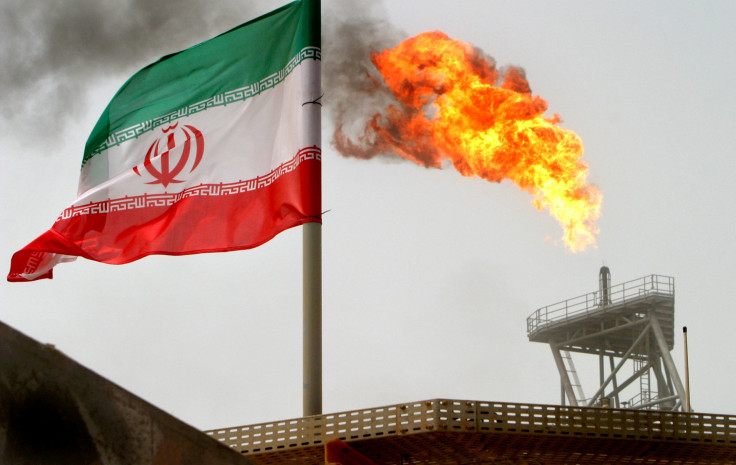US - Iran Relations: Trump Threatens New Sanctions, Says Iran Has Been Secretly Enriching Uranium

President Donald Trump on Wednesday threatened new sanctions against Iran as the U.N. atomic watchdog International Atomic Energy Agency (IAEA) was meeting to discuss Iran's possible encroachment of the 2015 nuclear deal.
"Iran has long been secretly 'enriching' in total violation of the terrible $150 billion dollar deal made by John Kerry and the Obama administration," Trump posted on Twitter. "Remember that deal was set to expire in a short number of years. Sanctions will soon be increased, substantially!"
Iran's IAEA ambassador Kazem Gharib Abadi responded by saying "we have nothing to hide."
During the IAEA meeting in Vienna, Ghraib Abadi added sanctions "should be seen as weapons of warfare." He also stated that Iran would be willing to return to "full implementation" of the 2015 deal but only if all members participate.
The Trump administration on June 24 imposed a series of sanctions to pressure Iran into an agreement that would limit its nuclear capabilities. Trump had described the sanctions as "hard hitting."
Experts have noted that the U.S. has little to target since Iran's economy has already faced crippling economic sanctions.
"The Trump administration has already hit most or Iran’s cash-earning exports and pushed the country into a deep recession this year,” Peter Harrell, a fellow at the Center for New American Security, a Washington-based research group, told Bloomberg. “A lot of exports to Iran have dried up because of risk aversion and all the banking sanctions."
In 2015, the U.S. and the international community agreed to the Iran nuclear deal, which involved Iran curbing its nuclear program and submitting to international inspection in exchange for reduced sanctions.
Trump, a frequent critic of the deal, pulled the U.S. out of the agreement in May 2018. Secretary of State Mike Pompeo in March said sanctions on Iran and Lebanon ally Hezbollah were working.
European leaders, on the other hand, are desperate to shore up support for the deal. They are now concerned that Iran is "pursuing activities inconsistent with its commitments" under the 2015 nuclear deal.
Iranian Foreign Minister Javad Zarif said recently that Iran was increasing uranium production, exceeding the 300-kilogram limit set in the deal. Tehran believes these measures are in compliance with the deal as a response to U.S. withdrawal from the agreement.
The U.S. and Iran have had no formal diplomatic relationship since the Islamic revolution in 1979. European countries such as France and Germany continue to have a relationship with Iran despite Iran's nuclear threat.
© Copyright IBTimes 2025. All rights reserved.




















